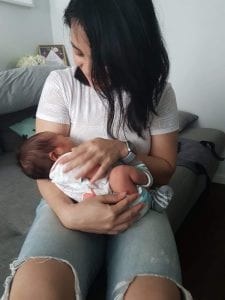Do you find yourself thinking or acting differently when you speak in a different language?
My sister cringes each time she hears me converse in Korean with my friends. She says I speak in a way higher pitch and start adapting to their accent even for English words which pop up every now and again (because my Korean vocabulary is limited).
‘You do speak English, you know. And you definitely do not sound like that.’
In linguistic terms, my behaviour may be explained by the Communication Accommodation Theory where I adjust my linguistic behaviour to match or mimic my conversation partners (in this case, my Korean friends). Such changes may be done consciously or unconsciously, and may be a marker of group identity. I guess learning Korean as a third/fourth(?) language later on in life makes me desire to be accepted as a speaker of the language by native speakers.
Besides Korean, I speak English, Mandarin and Cantonese. I am also proud to be fluent in Singlish. I even wrote a research paper on the Singlish term ‘ownself’, which is a unique expression, known formally as a ‘self-reflexive marker’.
Example: This blog post I ownself write
Meaning: I wrote this blog post by myself.
With unique words like ‘ownself’ in the Singapore lexicon, I definitely find myself adjusting the level of “Singlish-ness” in my speech depending on who I am speaking to — Another instance of the Communicative Accommodation Theory at play!
Singlish is a beautiful contact language which underwent some similar development phases as other creoles in the world albeit at a much faster rate. Like other languages in the world, it is constantly evolving and its speakers are constantly developing new vocabulary.
I am fascinated by the use of Singlish/local terms by caregivers with young children and many of these terms are unique “baby-talk” that makes up young Singaporean children’s vocabulary. In order to find out more about the local “baby-talk”, we will be launching our survey soon. If you are interested, please sign up here
Fei Ting (carrying her godson) is a research associate at the BLIP lab, currently working on the Baby Talk-a-thon and Red-dot Baby Talk.
